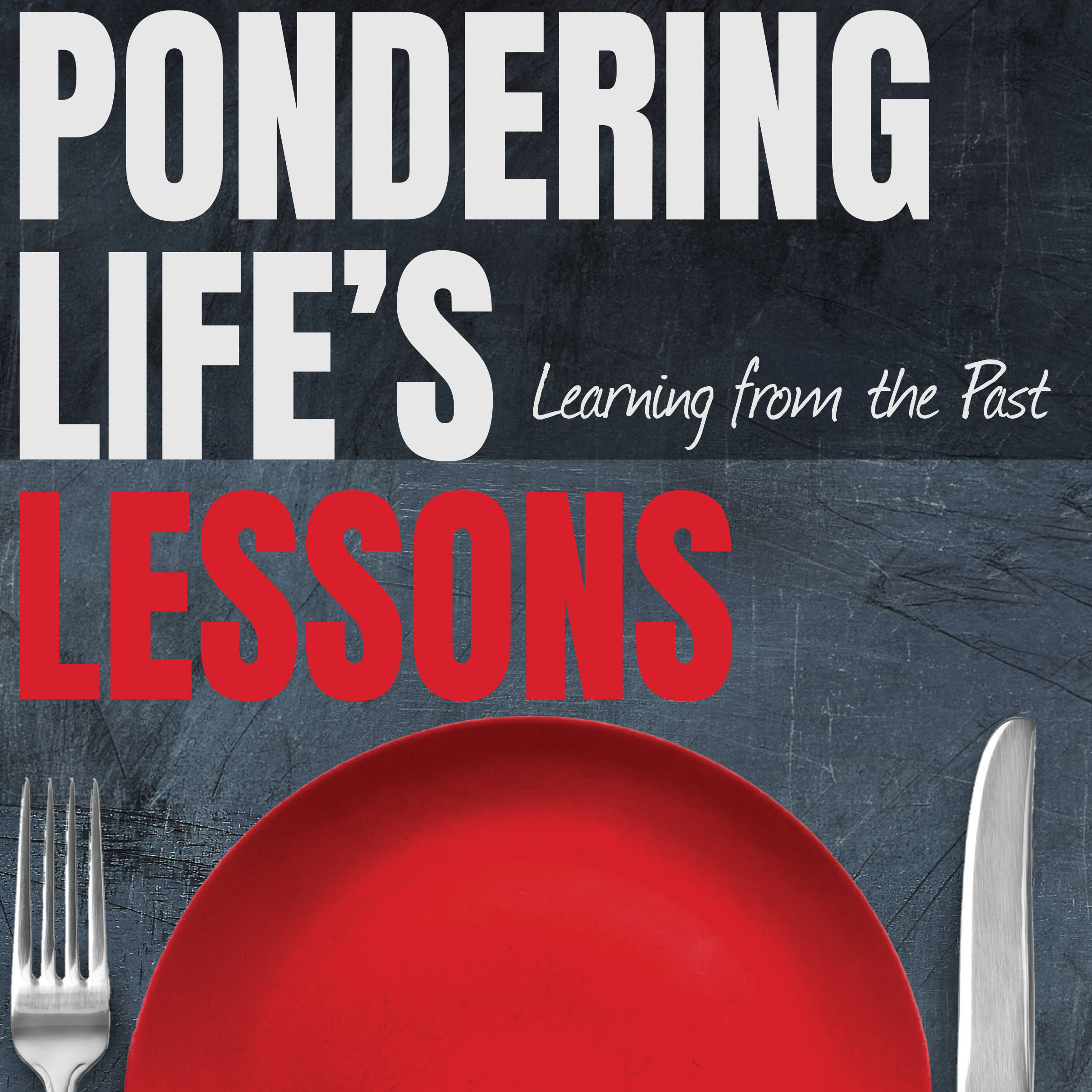When I graduated from high school, I thought I might go into politics. I even wrote about becoming a United States Senator in my thank you letter to those who gave me graduation gifts. I’d study law, become an attorney, and somewhere down the line, I’d run for office. I didn’t know what I’d run for, but whatever it took to get me in line to run for the U.S. Senate. In the end “running” for office didn’t appeal to me. I preferred being “appointed”, and I was never “appointed”.
I didn’t get my law degree either, although I had to know a bit about school law by the time I retired.
My interest in government was sparked by my high school government teacher. I’ve forgotten her name, but I believe it was Mrs. Miller. I didn’t like everything about the class, but I was intrigued about how simple ideas could become the law of the land.
She taught us that Patrick McNamara was our senior senator, and Philip Hart was our junior. The senior and junior designations were determined by how long they had been in office.
I followed Philip Hart’s career while I was in college and learned that he sponsored and led the passage of the Fair Packaging Act. If you look it up online, you’ll find this.
The Fair Packaging and Labeling Act applies to labels on many consumer products. It requires the label to state:
- The identity of the product
- The name and place of business of the manufacturer, packer, or distributor; and
- The net quantity of content
Senator Philip Hart introduced the Act in the Senate by stating, “The consumer has a right to be able to find out what he is buying, how much he is buying, what it is costing on a per unit basis.” Senator Hart earned the nickname “The Conscience of the Senate” from his peers for his tendency to stand up for the average person, defending their rights.
One reason this popular discussion emerged at this time was Americans could choose among an unprecedented assortment of products when they went shopping. In the average supermarket in the mid-1960s, a consumer would find 8,000 items, which was more than five times the 1,500 items they found in that same market just 20 years previously.
If you go to a grocery store today, you’ll find about 40,000 items. The act has been strengthened over the years by additional labeling requirements. Phil had his eye on the future.
 Although I never ran for office, I was a part of several school elections. One of my friends, Ken, was running for the school board in Addison and I suggested that he stand outside of the school on election day to greet voters as they came to cast their ballot. I believed the personal touch would serve him well. It did and he won.
Although I never ran for office, I was a part of several school elections. One of my friends, Ken, was running for the school board in Addison and I suggested that he stand outside of the school on election day to greet voters as they came to cast their ballot. I believed the personal touch would serve him well. It did and he won.
During one operational millage election in Addison, I recall telling a group of men in to “stay home” if you plan to vote no. We’d have to find two “yeses” to offset one “no” when money is at stake. You lose if you tie. You need more yeses than noes.
When I became superintendent in Britton, we lost our first couple of “bond” requests. We wanted to remodel portions of the building and needed the public’s support. I emphasized the importance of each vote because I knew of a superintendent in a neighboring community who ultimately lost his job because he failed to gain the community’s support at the polls.
His school district had a bond proposal on the ballot. He came home the afternoon of election day to find that his wife was ill. She was preparing to go to cast her “yes” vote and he talked her out of it. He said something like, “You’re too ill to go vote. Stay home.” She followed his advice and the vote on the potential bond tied. A tie is a loss. Shortly after, his employment contract wasn’t renewed.
The first bond that Britton passed during my tenure was held on a Saturday. We wanted as many people to vote as possible. We won by eleven. Another district, Jonesville, voted for a new high school on that same Saturday. There was one more “yes” vote then “no”. A recount verified the total, and the community was able to build a new high school. After twenty years it’s still the newest school building in the county and the district has thrived.
Think about that when you cast your vote on Tuesday. We have the opportunity to decide which direction our country will take. There are thousands of candidates running for office throughout the country. There may be another Phil Hart running somewhere. Depending on where you live, you may have a chance to enact new legislation. Each vote counts and one vote, that means your vote, can make a difference.

